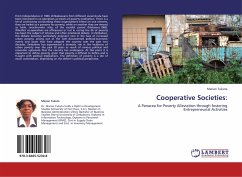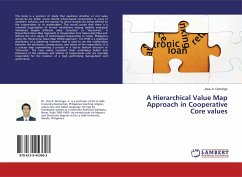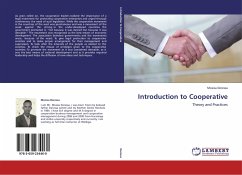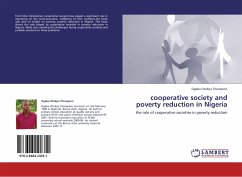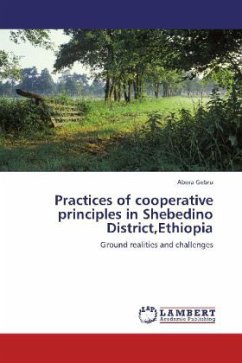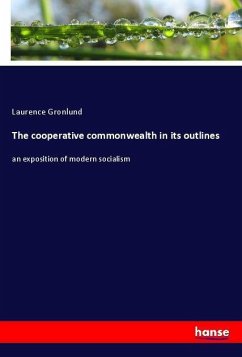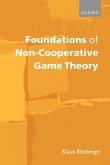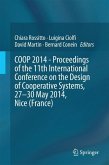From Independence in 1980, Zimbabweans from different social strata have been interested in co-operatives as means of poverty eradication. There is a lot of controversy surrounding these organisations where on one extreme, they are hailed as a panacea for poverty, while on another they are viewed as futile, anachronistic relics of the socialist period (Mubaiwa,1989). Whether co-operatives are efficacious or not in curing the ills of poverty has been the subject of intense and often emotional debate. In Zimbabwe, this debate becomes particularly poignant now in the face of increased urban poverty, arising out of the well documented political-economic events and issues that have plagued the country over the past two decades. Zimbabwe has experienced a dramatic rise in the incidence of urban poverty over the past 20 years as result of various political and economic upheavals that the country has undergone. At this point it is important to define poverty, given that poverty is difficult to define and is fraught with political implications. The definition of poverty is a site of much contestation, depending on the definer s political perspective.
Bitte wählen Sie Ihr Anliegen aus.
Rechnungen
Retourenschein anfordern
Bestellstatus
Storno

